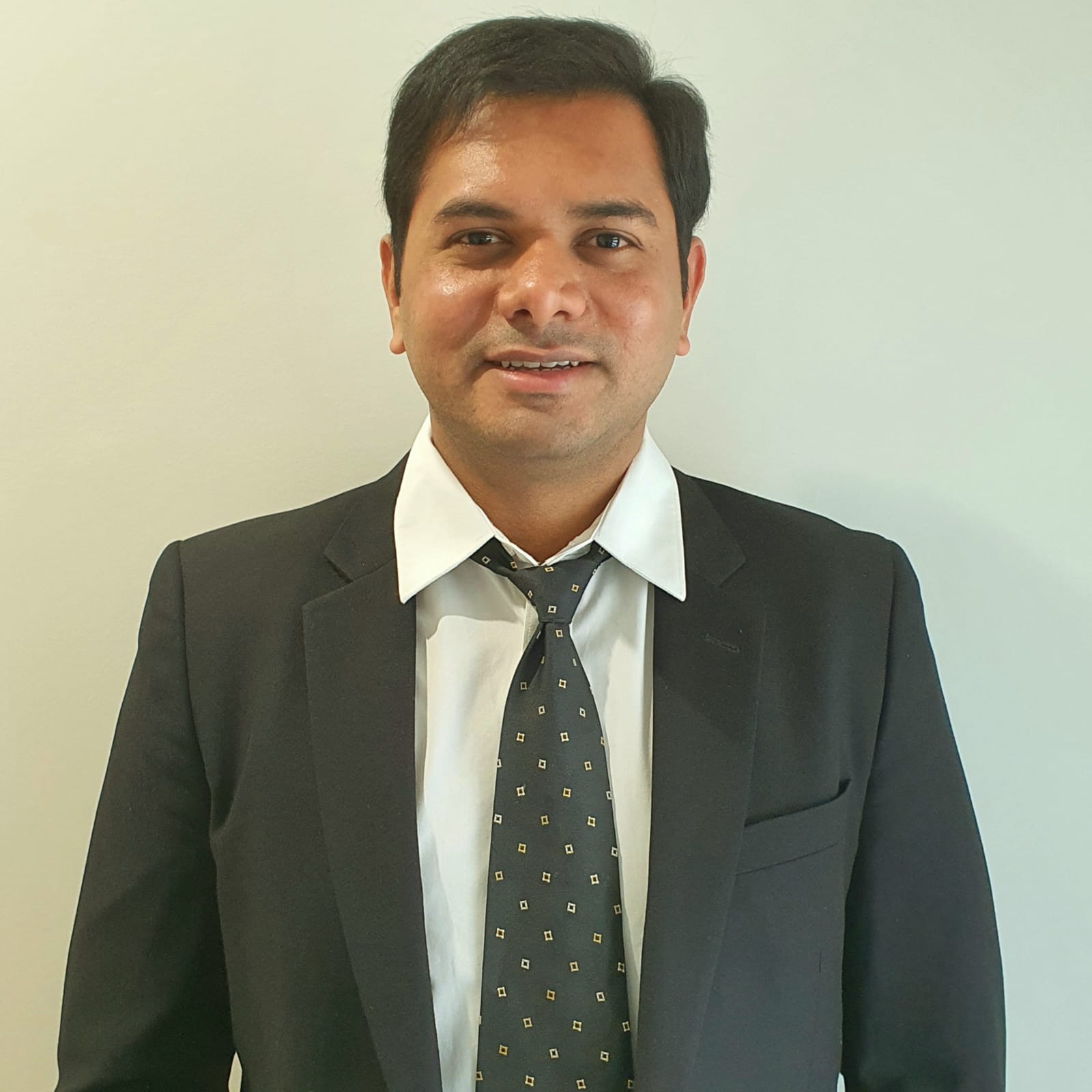Interests
| Electrochemical Systems | Electrolysis | Electrorefining | Hydrogen Production | Renewable Energy |
Biography
Professor Siva Karuturi is a leading researcher in electrochemical energy systems at the School of Engineering, ANU. He holds a PhD in Materials Engineering from Nanyang Technological University in Singapore. He was awarded the Australian Research Council’s Discovery Early Career Researcher Award (2015–2018) and currently holds the ARC Mid-Career Industry Fellowship. He has mentored over 50 researchers, including higher degree research students and research staff, and has provided leadership to R&D projects with over $15M in funding, ranging from fundamental to translational research.
Research
Prof. Karuturi’s research focusses on electrochemical technologies for enabling renewable energy and sustainable development, with a particular emphasis on green hydrogen production. His passionate about developing innovative electrochemical systems and advanced materials that efficiently utilise renewable energy sources to produce hydrogen and valuable resources, thereby aiding in the decarbonisation of energy use and industrial sectors.
Please see our website at https://www.act-h2.com.au for more details.
We are always looking for outstanding PhD students to join our research team. If you have a strong background in engineering, physics, or chemistry and are passionate about electrochemical energy systems, we encourage you to apply. Please email me your CV and academic transcripts for consideration.
Activities & Awards
Prof. Karuturi is committed to fostering international collaborations in research and education. As Associate Director (International), he leads strategies to expand and sustain global partnerships, particularly in the Asia-Pacific region. He plays a key role in curriculum mapping, articulation agreements, and research training initiatives with international institutions, enhancing the School of Engineering’s global engagement.
